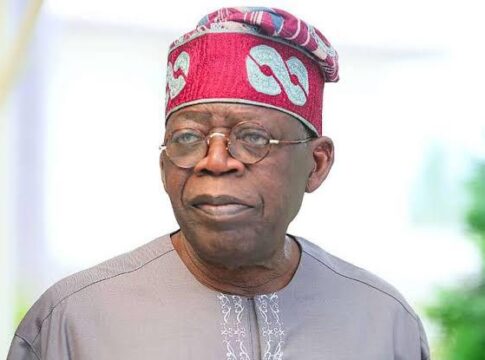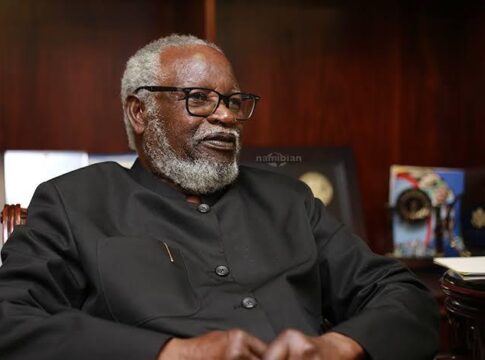President Bola Tinubu’s long-standing dominance over Lagos politics is being tested in an unprecedented crisis.
The removal of Lagos State House of Assembly Speaker, Mudasiru Obasa, has exposed deep cracks in the All Progressives Congress (APC) power structure, with lawmakers and key Governance Advisory Council (GAC) members defying the President’s authority.
Obasa, who had served as Speaker since 2015, was ousted by 36 lawmakers on January 13 over allegations of misconduct, abuse of office, and financial mismanagement. Mojisola Meranda, the former Deputy Speaker, was sworn in as Speaker, while Mojeed Fatai became her deputy. Obasa, however, insists he remains the rightful Speaker, setting the stage for a power struggle that has divided the APC’s leadership in Lagos.
“I am still the Speaker of Lagos State House of Assembly,” Obasa declared upon his return from the U.S., signaling his determination to fight his removal.
Tinubu’s Influence in Lagos Politics Challenged
Sources close to Tinubu revealed the President was blindsided by the move to remove Obasa. Despite claims that the President had endorsed the action, it became evident he was not consulted. A senior APC member said, “The President feels betrayed. This is a significant challenge to his authority in Lagos politics.”
READ MORE: How FRSC recovered 73 Stolen Vehicles Across Nigeria in 2024
At the heart of the crisis is a power struggle within the APC’s two dominant caucuses, the Justice Forum and the Mandate group. While Obasa belongs to the Mandate group, many lawmakers and GAC members are aligned with the Justice Forum. Insiders say the rivalry, coupled with aspirations for the 2027 governorship race, fueled Obasa’s removal.
Tinubu’s Directive Rejected by Lawmakers
In response to Obasa’s removal, Tinubu reportedly directed GAC members to reinstate him. However, during a marathon meeting in Lagos, 37 out of 39 lawmakers voted against reinstatement, instead opting to apologize to Tinubu in writing for their actions.
“Despite their loyalty to the President, the lawmakers made it clear they would not reinstate Obasa,” a source disclosed. Six GAC members were later sent to Abuja to deliver the lawmakers’ apology, but they were unable to meet with Tinubu.
Videos circulating online showed APC members celebrating Meranda’s appointment, further signaling Obasa’s waning influence.
Sanwo-Olu’s Role Under Scrutiny
Governor Babajide Sanwo-Olu has denied involvement in Obasa’s removal, calling it a legislative matter. His spokesperson, Gboyega Akosile, said, “The Assembly acted independently, and the governor had no role in the decision.”
However, sources within the APC suggest otherwise. “Sanwo-Olu is seen as a key figure in ensuring the President’s directive was not followed,” an insider alleged.
This political crisis has shaken the foundations of Tinubu’s decades-long control over Lagos politics. Analysts see the fallout as a pivotal moment that could reshape the APC’s structure in Lagos.
“This is a game of power and survival,” a political analyst explained. “The cracks in Tinubu’s dynasty are now evident, and how he handles this will determine his long-term influence.”




